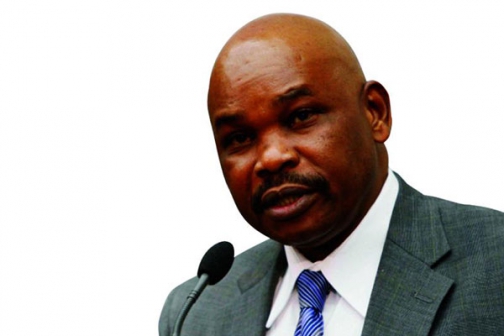
Whether we like it or not political parties are an indispensable facet of a modern democracy. That’s why a state shouldn’t treat parties like shirts — to be changed at the proverbial drop of a hat. Great political parties can’t be decreed or wished into existence. They must evolve with the political culture, economy and social mores of the people and country. But “evolution” isn’t a completely organic process. Elites can engineer the organic evolution of a political culture. After all, political parties reflect the intellectual aspirations and political attributes of an elite. In Kenya, we haven’t had real political parties since the early republic. The question is what has retarded the growth of a political party culture.
First, I believe Kenya lacks a purposeful elite. I don’t mean that the Kenyan elite doesn’t have a purpose for its existence. Like elites everywhere, Kenya’s top dogs are interested in their own self-preservation. Nothing wrong with that. Except self-preservation isn’t a national interest, or a noble purpose. I have written before, and will reiterate here that no people, state, country, or civilisation has ever become great without a great and purposeful elite. A purposeful elite defines the national interest and then forges the people’s zeitgeist to that end. There has to be convergence between the interests of the elite and those of the nation. Dissonance and divergence between the two creates infertility in all aspects of national life.